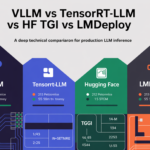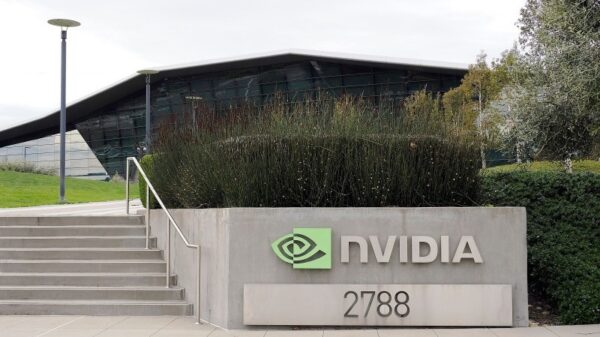In a recent address, Lila Ibrahim, the Chief Operating Officer of Google DeepMind, unveiled an ambitious vision for the future of artificial intelligence (AI) — one designed to serve the global population rather than a select few markets. Central to her vision is the principle of accessibility, which she argues must be integrated into the fabric of AI development from the outset. This entails creating systems that are not only multilingual but also capable of multimodal interactions, thus reducing barriers for new users.
Ibrahim emphasized DeepMind’s ongoing collaboration in Singapore, where the organization is actively working to ensure that Southeast Asian languages are adequately represented and supported in its AI models. The initiative aims to fine-tune open-source models to better align with local ecosystems, thereby focusing on what she describes as “last-mile access.” This approach seeks to make AI tools truly global and inclusive, moving beyond the limitations of existing models that often cater predominantly to English-speaking users.
Building a Multimodal Future for AI
The concept of multimodal interaction is particularly crucial in developing AI systems that resonate with diverse user bases. Ibrahim noted that true accessibility in AI begins with designing technologies that reflect the rich diversity of the populations they serve. This includes outputs that incorporate speech, text, and images across various languages, allowing for a more immersive and intuitive user experience.
By leveraging local linguistic characteristics and cultural nuances, DeepMind aims to democratize AI technologies, making them accessible and effective for everyone, regardless of their native language or technological background. Ibrahim’s perspective reflects a growing recognition in the AI community that inclusivity is not merely a moral imperative but also a pathway to innovation and better user engagement.
The Global AI Landscape
The push for a more inclusive AI landscape aligns with broader industry trends where companies are increasingly aware of the limitations imposed by language and cultural biases in technology. As international markets expand, the ability to cater to diverse linguistic and cultural needs becomes critical for companies looking to capitalize on the global demand for AI solutions.
Moreover, the urgency to integrate these principles into AI development is underscored by the rapid advancements in the field. With language models evolving quickly, the need to ensure that these systems are not just effective in a global sense but also sensitive to local contexts has never been more pressing. Ibrahim’s initiatives in Singapore serve as a pilot project that could potentially set a standard for future AI developments worldwide.
In summary, Lila Ibrahim’s vision for a globally inclusive AI ecosystem is both timely and crucial. As Google DeepMind continues to break new ground in areas like multilingualism and multimodal interaction, the focus on accessibility will likely influence how AI technologies evolve in the coming years. By prioritizing inclusivity from the outset, the aim is to create AI systems that are not just tools but vital enablers of innovation and societal progress across diverse communities.
See also Raymond James Upgrades Doximity: AI-Focused Growth Potential Sparks Investor Interest
Raymond James Upgrades Doximity: AI-Focused Growth Potential Sparks Investor Interest vLLM, TensorRT-LLM, TGI v3, and LMDeploy: A Technical Breakdown of LLM Inference Performance
vLLM, TensorRT-LLM, TGI v3, and LMDeploy: A Technical Breakdown of LLM Inference Performance Zeta Global’s AI-Driven Athena Launch Fuels Revenue Growth Outlook Despite Losses
Zeta Global’s AI-Driven Athena Launch Fuels Revenue Growth Outlook Despite Losses Perplexity Tests New AI Model C Amid Speculation on Claude 4.5 Launch
Perplexity Tests New AI Model C Amid Speculation on Claude 4.5 Launch Tinubu Calls for Equitable Global Framework on Minerals, AI Ethics, and Financial Reforms at G20
Tinubu Calls for Equitable Global Framework on Minerals, AI Ethics, and Financial Reforms at G20
































































